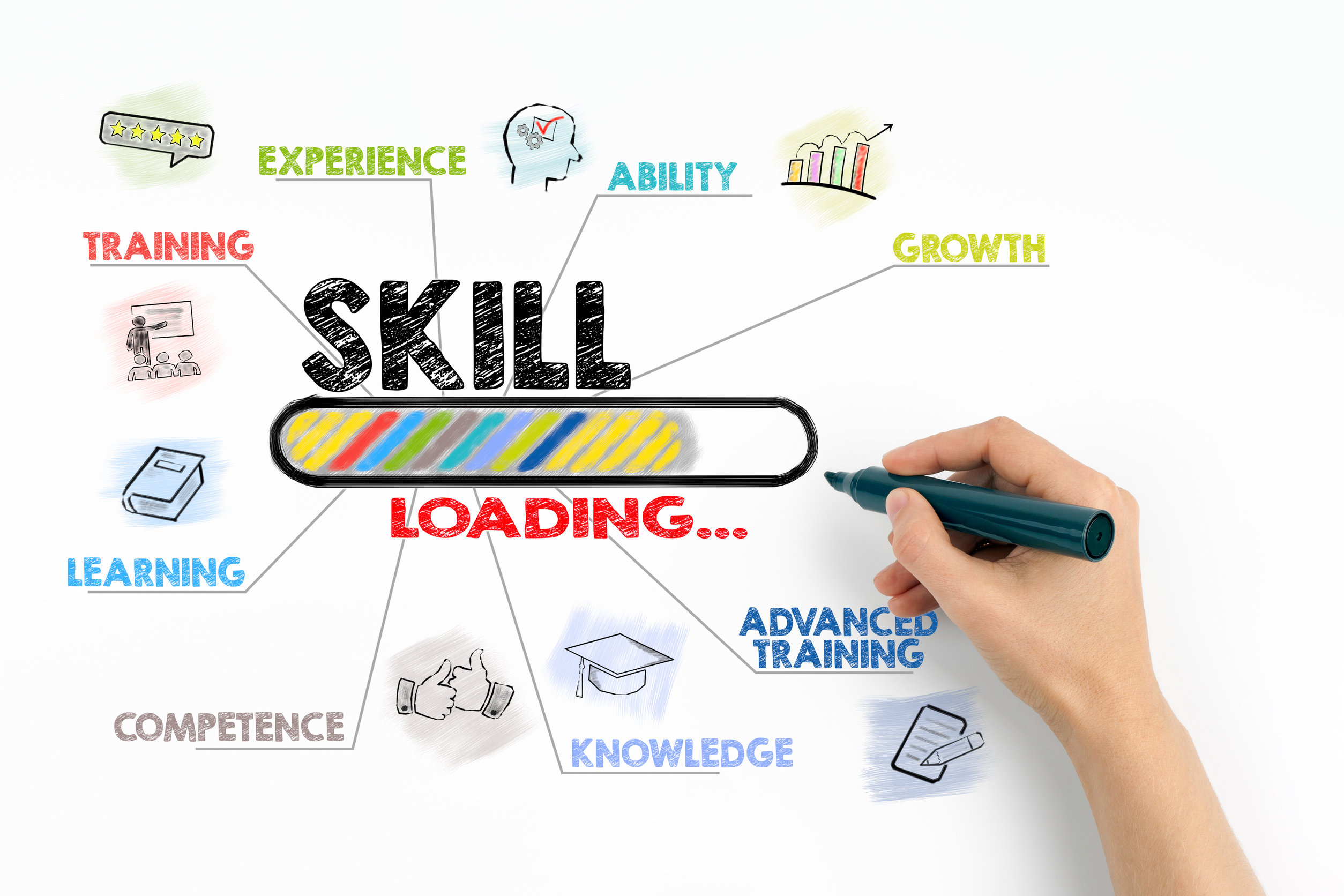Introduction
Learning is no longer confined to classrooms or exam halls—it’s a lifelong, iterative process. Whether you’re pursuing formal education, picking up a new programming language, or preparing for certifications, a Learning and Development (L&D) Plan is essential.
This blog post outlines my structured approach to continuous learning in 2025 and beyond—complete with a personal skills tracker, weekly schedule, and tools I use to stay focused.
1. Self-Assessment & Goals
Before creating a learning plan, I conducted a self-assessment using a SWOT framework:
| Strengths | Weaknesses |
|---|---|
| Strong research skills | Weak documentation habits |
| Curious and self-driven | Time management gaps |
| Tech-savvy | Inconsistent study pacing |
| Opportunities | Threats |
|---|---|
| Growing tech sector demand | Information overload |
| MOOCs and open resources | Burnout due to multitasking |
| AI & Data Science trends | Rapid skill obsolescence |
SMART Goals
| Goal | Details |
|---|---|
| Learn advanced Python for data projects | Complete within 8 weeks |
| Earn a Google Professional Certificate | Enroll and finish by December 2025 |
| Build 2 full-stack web apps | By end of Q4 using Flask + React |
| Read 3 books on digital transformation | Monthly reading goal (1 book/month) |
2. Weekly Learning Schedule
A fixed routine helps combat procrastination and build habits. Below is my flexible weekly learning calendar:
| Day | Time Slot | Activity |
|---|---|---|
| Monday | 7–9 PM | Python practice + DataCamp lessons |
| Tuesday | 7–8:30 PM | Web dev tutorials (HTML/CSS/React) |
| Wednesday | 7–8 PM | Career article reading + notes |
| Thursday | 7–9 PM | Microsoft Project / Excel skill drills |
| Friday | 8–9 PM | Certification course (Google/LinkedIn) |
| Saturday | 10 AM – 1 PM | Project development & hands-on coding |
| Sunday | 5–6 PM | Weekly review + journal reflection |
Tip: Having a fixed review day (Sunday) reinforces reflection and progress tracking.
3. Skills Tracker
Tracking your progress helps maintain motivation. Here’s my simplified table of tracked competencies:
| Skill Area | Starting Level | Target Level | Tools Used | Progress (%) |
|---|---|---|---|---|
| Python Programming | Intermediate | Advanced | Jupyter, DataCamp | 65% |
| Web Development | Beginner | Intermediate | FreeCodeCamp, VS Code | 40% |
| Project Management | Beginner | Proficient | MS Project, Trello | 55% |
| Communication Skills | Intermediate | Advanced | Blogging, feedback loops | 70% |
| Data Analysis | Beginner | Intermediate | Excel, Pandas, SQL | 45% |
Updating progress weekly allows me to catch skill plateaus early.
4. Online Platforms Used
I utilize a mix of free and paid platforms to support my learning journey:
| Platform | Use Case | Notes |
|---|---|---|
| Coursera | Certifications & structured courses | Paid subscription |
| YouTube | Quick tutorials, concepts | Great for visuals |
| W3Schools | Web development basics | Beginner-friendly |
| DataCamp | Data science & Python | Interactive hands-on learning |
| GitHub | Project hosting & version control | Building portfolio |
| LinkedIn Learning | Career-focused skill development | Resume-linked achievements |
| Notion | Notes, weekly planner, task boards | All-in-one workspace |
5. Reflection & Improvements
Learning is not only about progress—it’s also about pivoting and evolving. Here are a few reflections and lessons from my journey so far:
- Consistency matters more than intensity. Small, regular steps compound over time.
- Goal anchoring (like deadlines and public posts) helps me stay accountable.
- Combining passive and active learning (reading + coding + projects) makes retention stronger.
- Reviewing progress each Sunday prevents aimless wandering.
What I’m Improving:
- Set clearer task-level goals (not just big-picture goals)
- Reduce over-reliance on video learning (add more practice)
- Collaborate with peers for feedback and group accountability
Final Thoughts
A Learning and Development Plan isn’t a rigid contract—it’s a living framework. What matters most is not perfection, but persistence.
“Your education is a lifelong marathon, not a sprint. Be consistent, be curious, and always stay teachable.”
Feel free to use this plan as a template, and adapt it for your own academic or professional growth.
